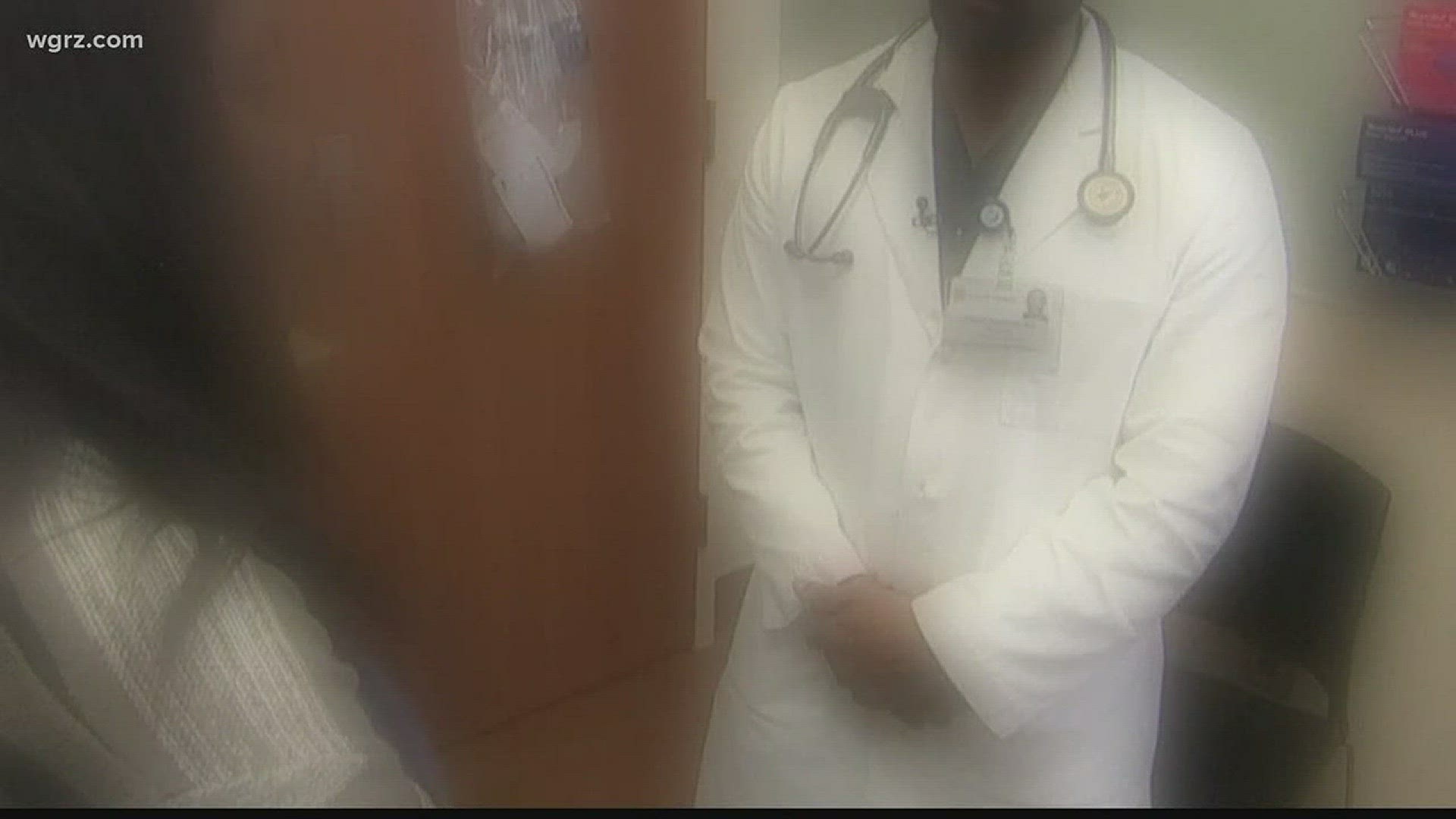BUFFALO, N.Y. - The American Academy of Pediatrics issued guidelines Monday endorsing universal depression screening for adolescents 12 years old and up, reflecting the growing role of primary care physicians due in part to a nationwide shortage of child psychiatrists.
The AAP is hardly the first organization to recommend annual screening, but it is an influential association representing 66,000 pediatricians. The organization's latest guidelines, authored by a team of about a half-dozen experts, cited research showing only about half of adolescents with depression are officially diagnosed before they become adults.
Many pediatricians in New York already conduct annual mental health questionnaires and screening for teens, according to Dr. Gale Burstein, the Erie County Health Commissioner and a pediatrician herself.
This is also becoming standard practice in most parts of the country, but the AAP guidelines further reinforce the importance of primary care physicians in the field of mental health.
"Basic depression, anxiety, many pediatricians in our area are able to manage that in their own offices," Burstein said. "I'm sure the kids and the families feel more comfortable going to someone they know and trust and have seen for health care all their lives. So a pediatrician is really a great health care provider to be able to provide these services."
In New York, the state's "CAP PC" (Child and Adolescent Psychiatry for Primary Care) team offers training for primary care physicians by phone and in person. Sourav Sengupta, an assistant professor of psychiatry and pediatrics at UB's Jacobs School of Medicine, helps work with these pediatricians so they can recognize signs and symptoms of behavioral health conditions.
There are only about 7,500 practicing child and adolescent psychiatrists in the United States, according to Sengupta.
So more of the burden may fall on primary care doctors.
"We have a challenge in meeting demand out there," he said. "In programs that we've developed through CAP PC, it's really about helping pediatricians manage a little bit more in their communities and practices. They are really on the front lines of our public health workforce."
In addition to mental health screening in adolescents, the AAP also recommended doctors help develop a "safety plan" for teens at higher risk of suicide. About half of those who died by suicide may have suffered from depression, according to research cited by the AAP. Suicide prevention advocates often say that the majority of people who die by suicide have a diagnosable mental illness.
A safety plan can help explain in detail who to call or where to go in the event of a sudden emergency.
"Clinicians who manage this disorder must develop an emergency communication mechanism for handling suicidality or acute crises," according to the AAP report.
Depression doesn't always lead to suicide, however.
The illness also presents differently in adolescents compared to adults, according to Burstein.
Whereas adults may show signs of prolonged sadness, children and teens don't always vocalize or outwardly reveal those feelings. However, Burstein said parents should monitor their kids if they suddenly lose interest in their favorite activities or seem to have lost their energy for a long period of time.
"Not going out as much with friends, not as social, their grades may be dropping, not as active as they used to be...Even if not complaining of sadness, it's really important you discuss this with their pediatrician," Burstein said, "and get them assessed."

